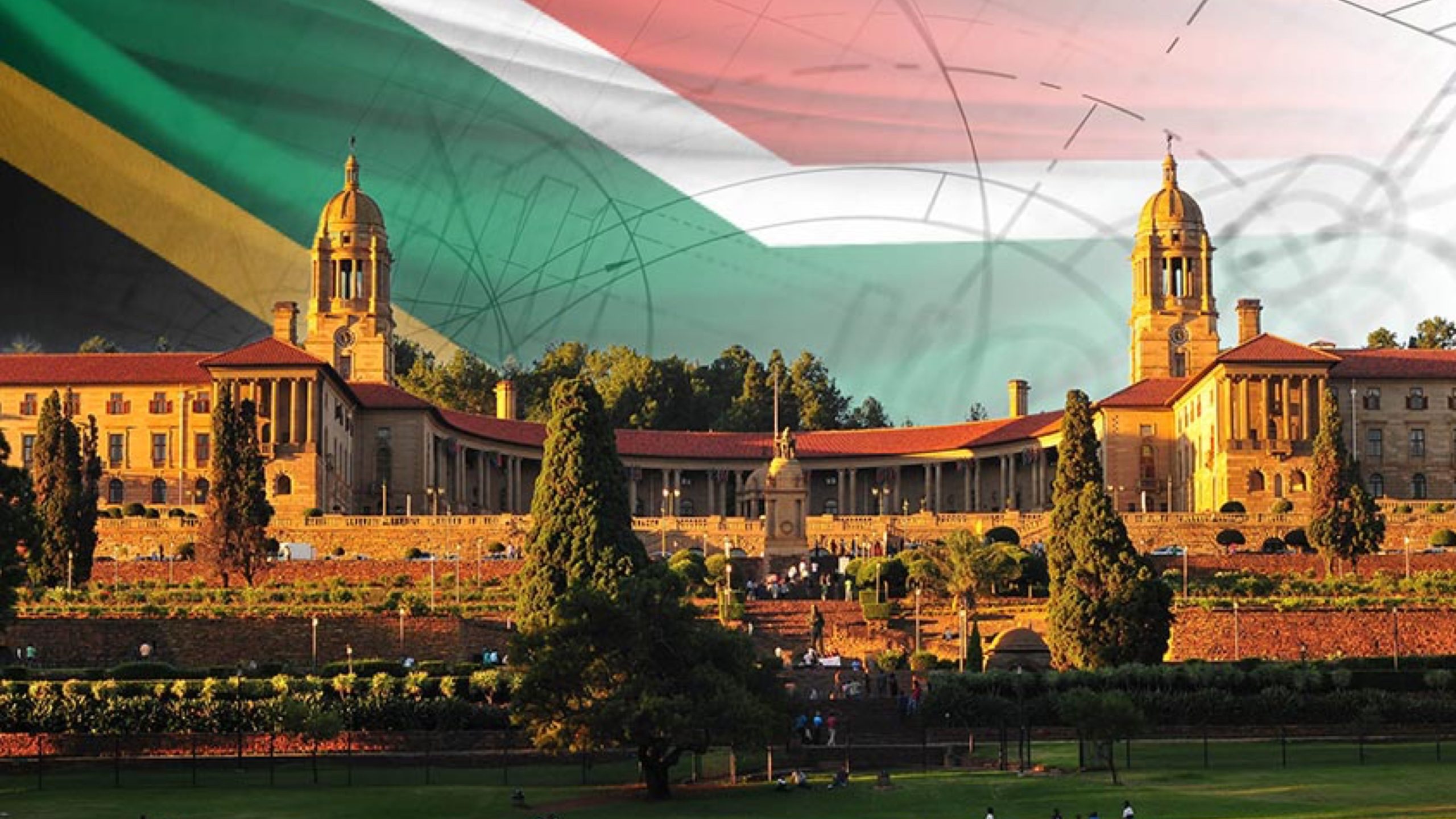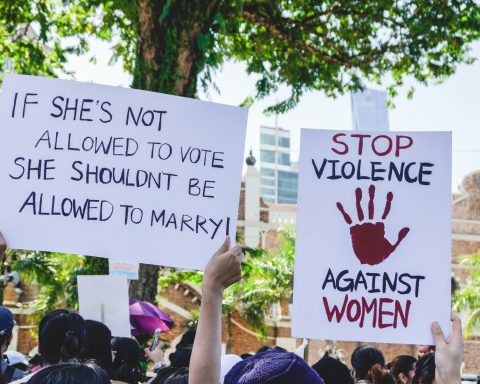On 23 July 2025, South Africa’s National Assembly actively passed the 2025 Appropriation Bill, securing vital funds for government operations in the 2025/26 fiscal year. Consequently, the bill secured 262 votes in favor and 90 against, reflecting robust support from the Government of National Unity (GNU). This milestone underscores the coalition’s ability to navigate complex legislative processes.
GNU Parties Drive Bill’s Success
For instance, the ANC, holding 159 seats, rallied alongside the DA, IFP, ActionSA, and other GNU-aligned parties to ensure the 2025 Appropriation Bill passed. The DA, with 87 seats, supported the bill after President Cyril Ramaphosa dismissed Higher Education Minister Nobuhle Nkabane over allegations of misleading statements about SETA board appointments. Similarly, the IFP, Patriotic Alliance, Rise Mzansi, and BOSA contributed to the bill’s success. As a result, this vote highlights the GNU’s early legislative cohesion, fostering optimism for future cooperation.
EFF Rejects Bill, Alleges Political Bias
However, the EFF strongly opposed the bill, arguing it served political interests over public needs. Specifically, EFF MP Ntombovuyo Mente accused DA’s Helen Zille of “weaponising the budget” to settle GNU disputes. She claimed funds were misallocated to stabilize the coalition rather than address socio-economic challenges like poverty and unemployment. Therefore, the EFF’s 36 votes joined other opposition parties, totaling 90 votes against the bill’s passage.
uMkhonto weSizwe Party’s Voting Confusion
Meanwhile, the MK Party’s position sparked confusion. Although Chief Whip Sihle Ngubane declared opposition, one MK MP mistakenly voted in favor. Ngubane clarified, “The member was not sure what button to press.” Thus, the MK Party’s 51 votes officially opposed the bill, aligning with the EFF’s stance. This incident raised questions about the party’s internal coordination during critical votes.
Next Steps for Budget Implementation
Now that the 2025 Appropriation Bill passed, it advances to the National Council of Provinces (NCOP) for concurrence on 30 July 2025. If approved, President Ramaphosa will sign it into law, enabling departments to access allocated funds. Moreover, this legislative win demonstrates the GNU’s capacity to unify diverse parties, though opposition concerns signal ongoing political tensions. Ultimately, the bill’s passage sets a foundation for addressing South Africa’s fiscal priorities.






